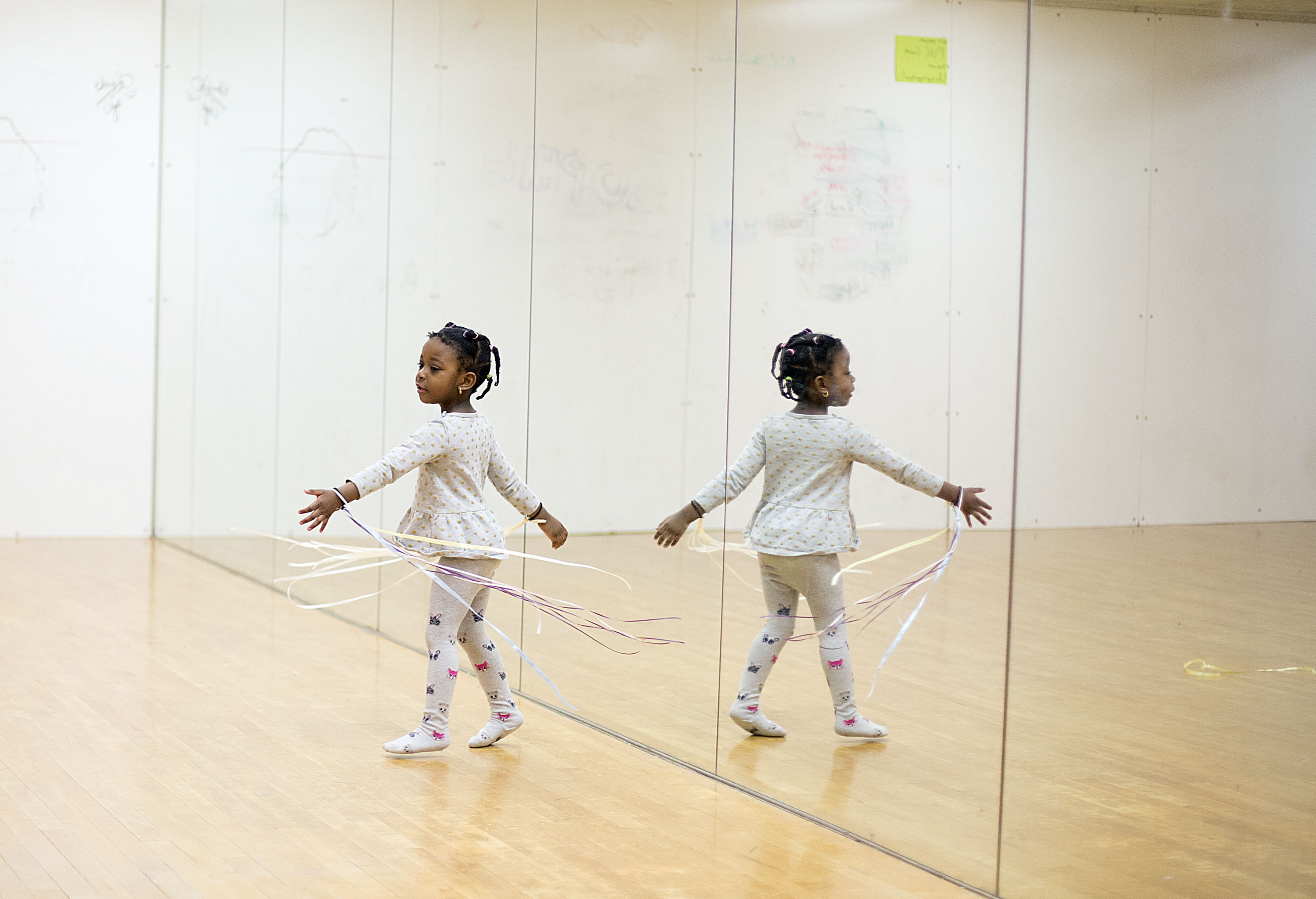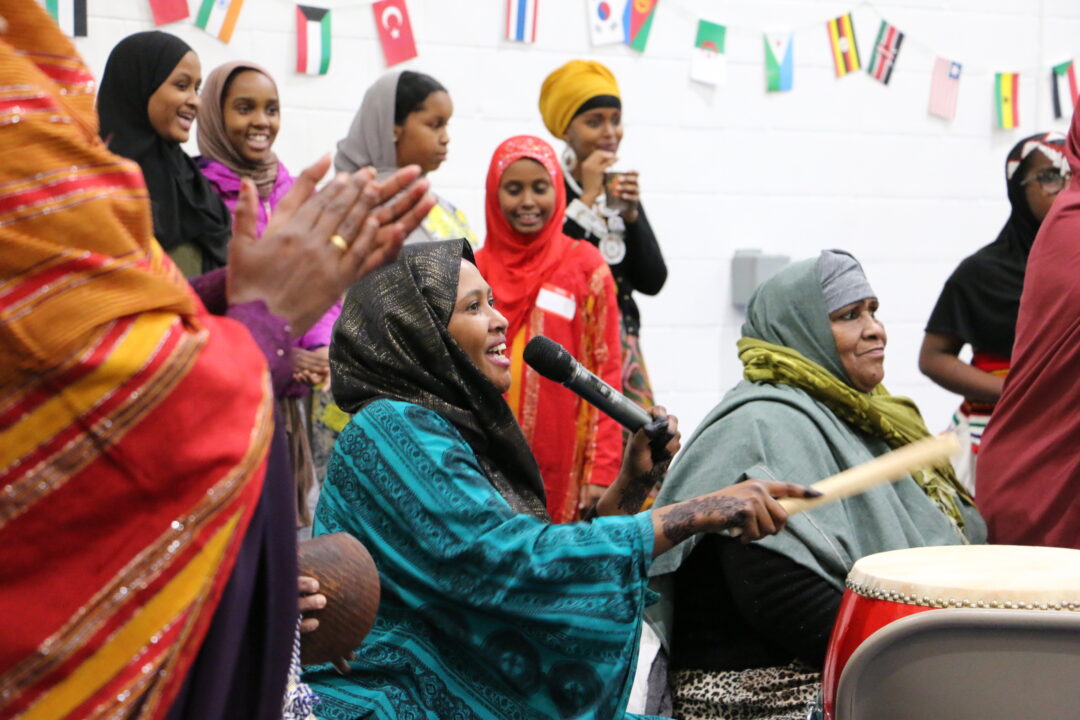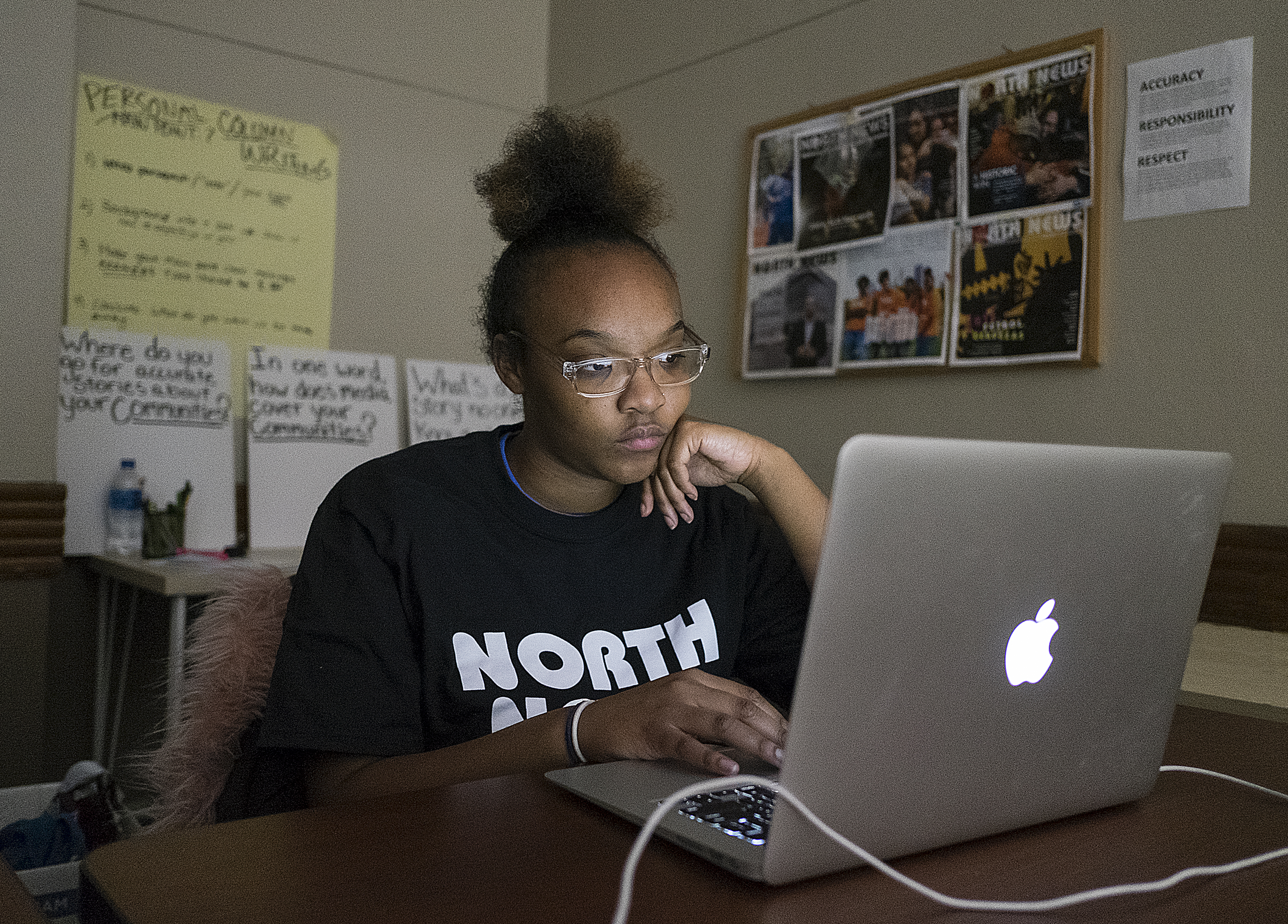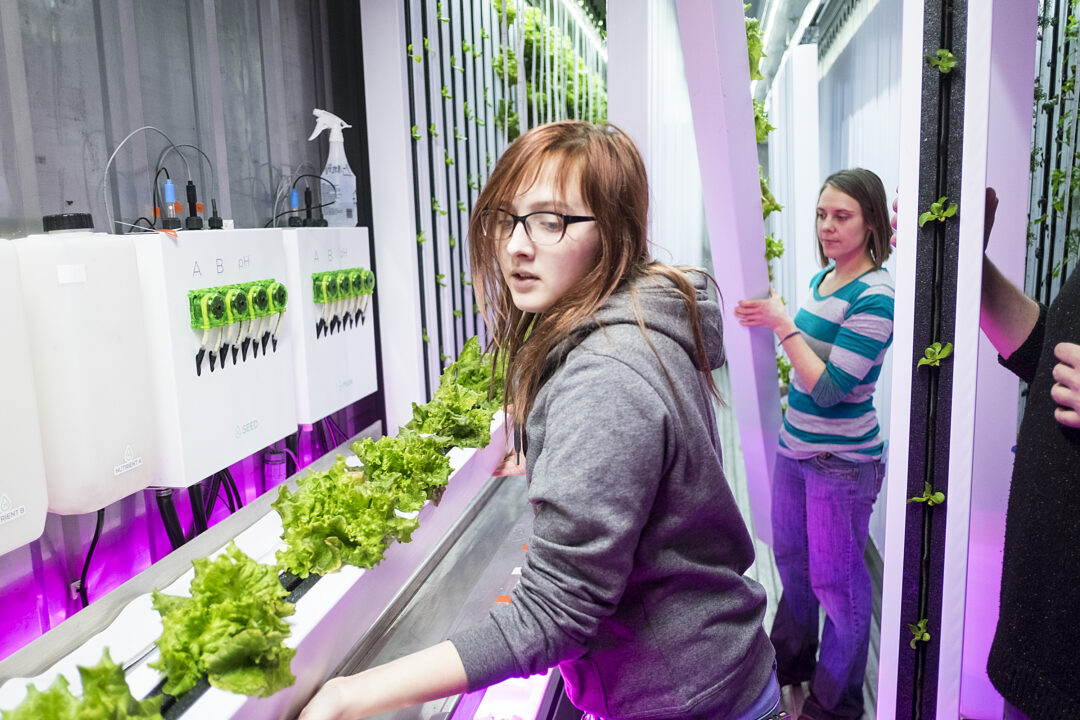
Birth through age five is a critical time in childhood, when little brains make more connections than at any other time in life. During this important window, children need access to age-appropriate learning — social, emotional, and academic — or risk falling behind. Yet many children in our state lack the early learning opportunities they need to arrive at kindergarten prepared. That feeds the pronounced achievement gaps in Minnesota, where our students of color rank at the bottom nationally for graduation rates, test scores, and other metrics.
The reality is, access to high-quality, affordable, and culturally-relevant preschool is severely limited in precisely the communities where it’s most needed. We see that as an urgent call to action. To give more children in our community the opportunity to succeed, we created Pillsbury Early Education Center, or PEEC.
Situated in Minneapolis’ Phillips neighborhood, PEEC prepares children to thrive in school and life with a genuinely integrated approach. More than ABCs and 123s, PEEC works to nurture kids’ curiosity, creativity, and cultural identities and support their physical and emotional well-being. Staffed by experienced teachers who know the communities they serve, PEEC brings culturally responsive instruction that responds to and celebrates diversity and difference.
Arts have the power to increase access, attachment, and agency for all. So we make creativity the hallmark our curriculum. The school is housed in a vibrant neighborhood arts center that supplies teaching artists to the program. Our teachers are creative role models who encourage children to express themselves through writing, drumming, movement, music and formal and informal performances. As part of PEEC’s theatre and storytelling curriculum, preschoolers create and act out their own stories — developing literacy, communication skills, and confidence in the process.
When families are engaged, children simply learn better. PEEC is co-located with a variety of Pillsbury United social services, making parental involvement part of families’ daily routine. Through tuition support and other resources, we help families in times of financial hardship, so kids have a stable foundation for whatever uncertainty life brings.
Around 40 children a year participate in PEEC. And the results speak for themselves. In 2017 and 2018, 100% of children aging out of the program demonstrated kindergarten readiness. 100% of younger children showed age-appropriate social, emotional, cognitive and physical development. 100% were up to date with immunizations and received well child check-ups. And 100% of parents and caregivers reported that the information and resources PEEC provided helped with positive parenting.
Of course, PEEC can’t solve the gaps in educational access and achievement on its own. Our brand of culturally-attuned education can serve as a model, in Minnesota and beyond, for how communities prepare their youngest members for a lifetime of lively learning and creative participation.
“Our family has loved the exposure to the arts — dance, singing, theatre, art and the cultural influences provided at Pillsbury. Our girls’ confidence in themselves and creative energy is a direct result of their time at Pillsbury.” — Genevieve, Parent
BY THE NUMBERS
100% success rates for kindergarten readiness over the past six years
4-STAR rating from Parent Aware, their highest rating
3 languages of instruction: English, Spanish, and ASL



